Sports Direct shares surge despite profit plunge
Investors give thumbs-up to plans to upgrade stores and appoint permanent finance chief
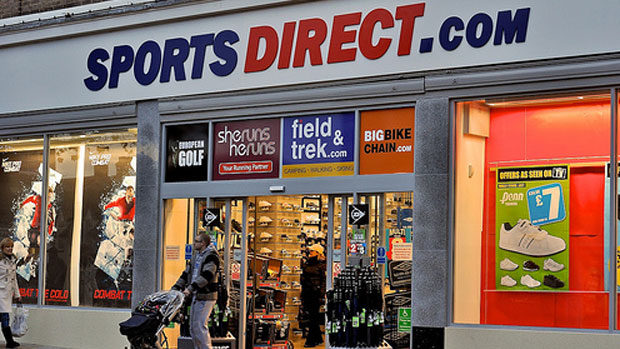
A free daily email with the biggest news stories of the day – and the best features from TheWeek.com
You are now subscribed
Your newsletter sign-up was successful
Sports Direct could face HMRC probe over minimum wage
15 December
Sportswear retailer Sports Direct is facing scrutiny of its pay and employment practices - and could undergo a formal investigation over whether it fails to pay staff the legal minimum wage.
The Week
Escape your echo chamber. Get the facts behind the news, plus analysis from multiple perspectives.

Sign up for The Week's Free Newsletters
From our morning news briefing to a weekly Good News Newsletter, get the best of The Week delivered directly to your inbox.
From our morning news briefing to a weekly Good News Newsletter, get the best of The Week delivered directly to your inbox.
In an urgent debate in the Commons yesterday called by Labour backbencher Chuka Umunna, the company was branded a "a bad advert for British business" and its founder Mike Ashley a "monster of a man" by opposition MPs, The Times reports.
Business minister Nick Boles said he could not give an "absolute pronouncement" on the company, says The Guardian, but he was equally uncompromising and said that any business figure no matter how "famous" or "well connected" would be punished if they are in breach of the law.
Boles also responded to complaints over HMRC's failure to investigate the company by saying it had powers to do so without waiting for a specific complaint and that the watchdog would be "watching this debate". This may be the trigger for a probe to be launched.
The debate followed a recent expose in The Guardian, which alleged that two undercover reporters were effectively paid below the minimum wage, due to being forced to undergo searches in their own time and being docked pay for minimal lateness.
A free daily email with the biggest news stories of the day – and the best features from TheWeek.com
The two were said to have been paid an average of £6.50 an hour in November, below the legal minimum set in October at £6.70.
The paper also alleged "gulag" conditions, with workers banned from wearing more than 800 sportswear brands, harangued to work harder by tannoy and forced to work while ill for fear of being fired.
The government, which the speaker John Bercow revealed had sought to oppose the debate taking place, reckons the opprobrium caused by the issue will force Sports Direct into line.
Boles praised The Guardian's report and said he was "certain that when faced with the kind of enforcement action that I have set out, that any employer… will want to sort themselves out".
Pressure is also being brought to bear by institutional shareholders, who in the wake of disappointing results have sold off shares and wiped £600m from the company's value in the past four days.
One fund manager, Crispin Odey, branded Ashley's hold on the business as "dangerous" as he revealed he had dramatically cut his holding in the past year.
But Odey also pinned some blame for the poor working conditions at Sports Direct factories on consumers who prioritise price over ethics.
He said: "We have to recognise consumers' desire for cheap shoes is how you end up with these problems. Shoppers need to understand that these prices are only possible because every cost has been analysed and reduced as far as it will go."
Sports Direct, which employs workers at its factory indirectly through agencies, has responded that it "believes it's in compliance with minimum wage regulations and takes its responsibilities extremely seriously".
Minister called in over Sports Direct minimum wage allegations
14 December
A minister from the Treasury will face an urgent question in parliament today over alleged minimum wage violations by Sports Direct.
The addition to the parliamentary agenda was granted by speaker John Bercow following a request by Chuka Umunna, The Guardian reports. The Labour backbencher and former shadow business secretary will ask what the government is doing to ensure that Sports Direct is complying with minimum wage legislation.
Last week the Guardian alleged two undercover reporters had been paid the equivalent of £6.50 an hour during November, as a result of draconian searches and lateness penalties. This raises the prospect that agency staff working at the company's factory in Shirebrook, Derbyshire, could be routinely paid less than the current £6.70 minimum wage.
The paper said in particular that workers are docked 15 minutes' pay as a minimum even if they are only one minute late and are forced to stay back on their own time for searches for stolen goods that can last up to a quarter of an hour. Lawyers suggested these policies would contravene legislation that requires employers to pay the equivalent of the minimum hourly rate for all time that a worker spends at the discretion of their employer.
Sports Direct has refuted the allegations. It said search procedures have been changed and that the pay penalty for lateness is not company policy. All staff at the factory are actually employees of agency Transline and are made to comply with onerous requirements, including a ban on wearing branded sportswear, during their assignment with Sports Direct.
Labour has long campaigned over violations of the minimum wage and supposed weak enforcement by government. It points out that it has been three years since a company was prosecuted under the 1998 legislation – and that ministers are not able to confirm how many companies have been issued with notices of underpayment, which are used to force remedial action and avoid criminal prosecution.
The government has for the past three years been producing a list of firms that have been sanctioned for failing to pay the minimum wage. The last list in October was topped by the clothing retailer behind brands Monsoon and Accessorize.
Is Sports Direct underpaying warehouse staff minimum wage?
11 December
Sports Direct has been accused of breaching minimum wage rules, including by conducting staff searches, which can last up to 15 minutes, on employees' time.
In a stinging expose, The Guardian newspaper said two undercover reporters at the factory in Shirebrook, Derbyshire, found that the stringent searches of personnel at the end of each shift "typically adds another hour and 15 minutes to the working week – which is unpaid".
Combined with a policy of docking 15 minutes' pay for lateness of as little as one minute, even if the employee was on-site on time, the paper said the effective rate of pay for the month-long employment in November averaged £6.50 per hour. This is below the minimum hourly rate of £6.70 for workers over the age of 21 that came into effect in October.
A court case in Europe earlier this year ruled that time spent by workers at the direction of their employers had to be counted as 'working time'. The case applied to remote workers travelling to and from their first and last visits of the day, but employment lawyers spoken to by the Guardian said the rules would cover the policy of enforced searches.
Zoe Lagadec, a solicitor at Mulberry's Employment Law Solicitors, said: "Given that the employees are not free to leave their place of work until and unless the security check has been completed, this time should be considered 'working time' and therefore paid in accordance with the national minimum wage provisions." She also suggested the pay docking was "arguably a breach of the national minimum wage".
Earlier this year the latest batch of minimum wage violations was revealed by the government. Retailer Monsoon topped the list of those sanctioned after it forced staff to pay for clothes to wear on shift and thus indirectly reduced wages below the threshold.
Dave Forsey, the Sports Direct chief executive who is facing criminal charges for termination procedures at its sportswear brand USC, told the Daily Telegraph the retailer had already taken steps to "streamline the search process". He could not say "whether the measures had been put in place before or after the Guardian's undercover investigation in November".
Forsey denied there were breaches of minimum wage rules and said the pay-docking policy was not standard procedure. He also hit back at claims of 'gulag' conditions in the Guardian report.
The newspaper's story highlights a range of controversial employment practices. These include that staff are on a 'strike' system that threatens them with the sack if they commit a series of even relatively minor infringements and that they are "Harangued by tannoy for not working fast enough".
-
 The mystery of flight MH370
The mystery of flight MH370The Explainer In 2014, the passenger plane vanished without trace. Twelve years on, a new operation is under way to find the wreckage of the doomed airliner
-
 5 royally funny cartoons about the former prince Andrew’s arrest
5 royally funny cartoons about the former prince Andrew’s arrestCartoons Artists take on falling from grace, kingly manners, and more
-
 The identical twins derailing a French murder trial
The identical twins derailing a French murder trialUnder The Radar Police are unable to tell which suspect’s DNA is on the weapon
-
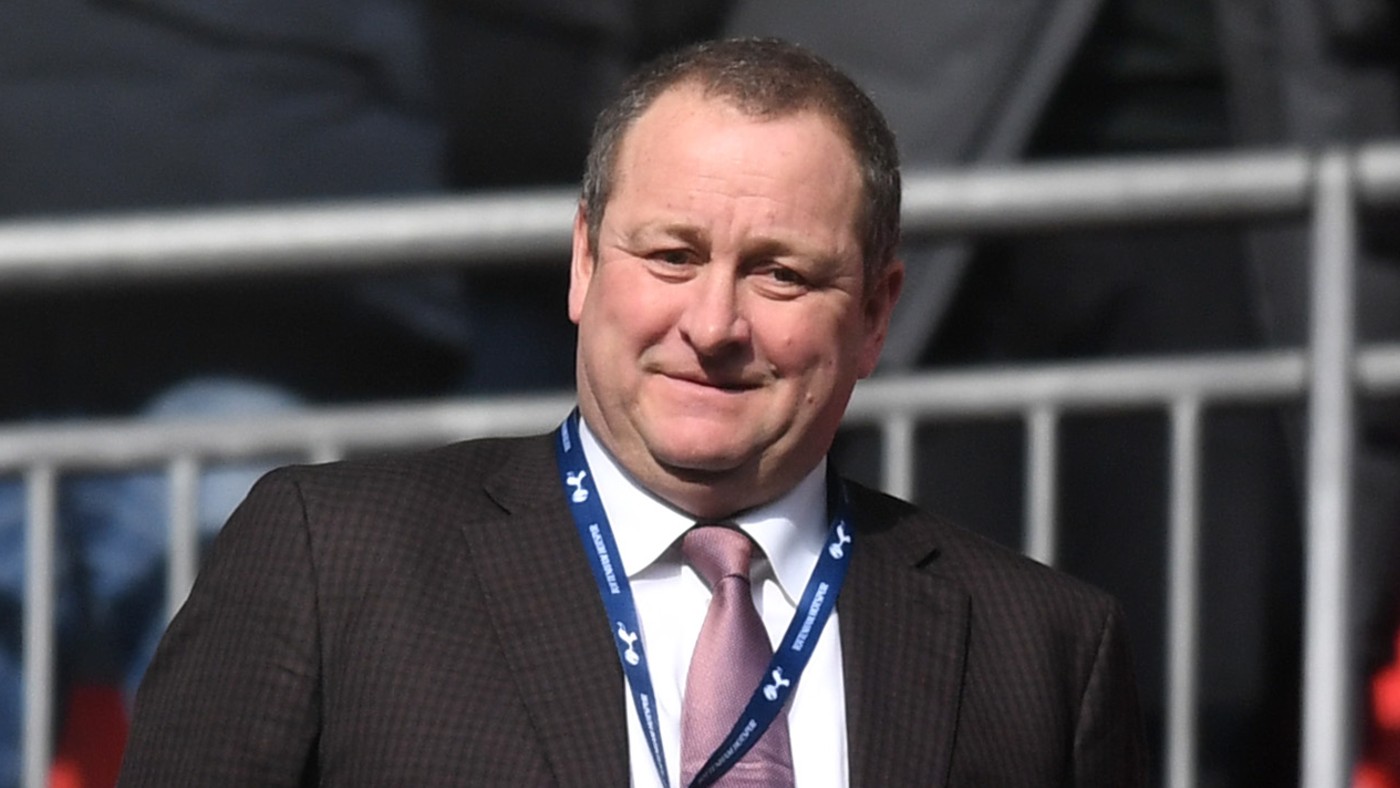 Frasers Group: keeping it in the family
Frasers Group: keeping it in the familyUnder the Radar Mike Ashley is passing the reins of his high street empire to his prospective son-in-law
-
 The most secretive financial systems in the world
The most secretive financial systems in the worldIn Depth Report calls for sanctions as UK shoots up world rankings of tax havens
-
 Are Nike and Adidas too dominant?
Are Nike and Adidas too dominant?Speed Read Mike Ashley calls for investigation into sportswear giants' supremacy
-
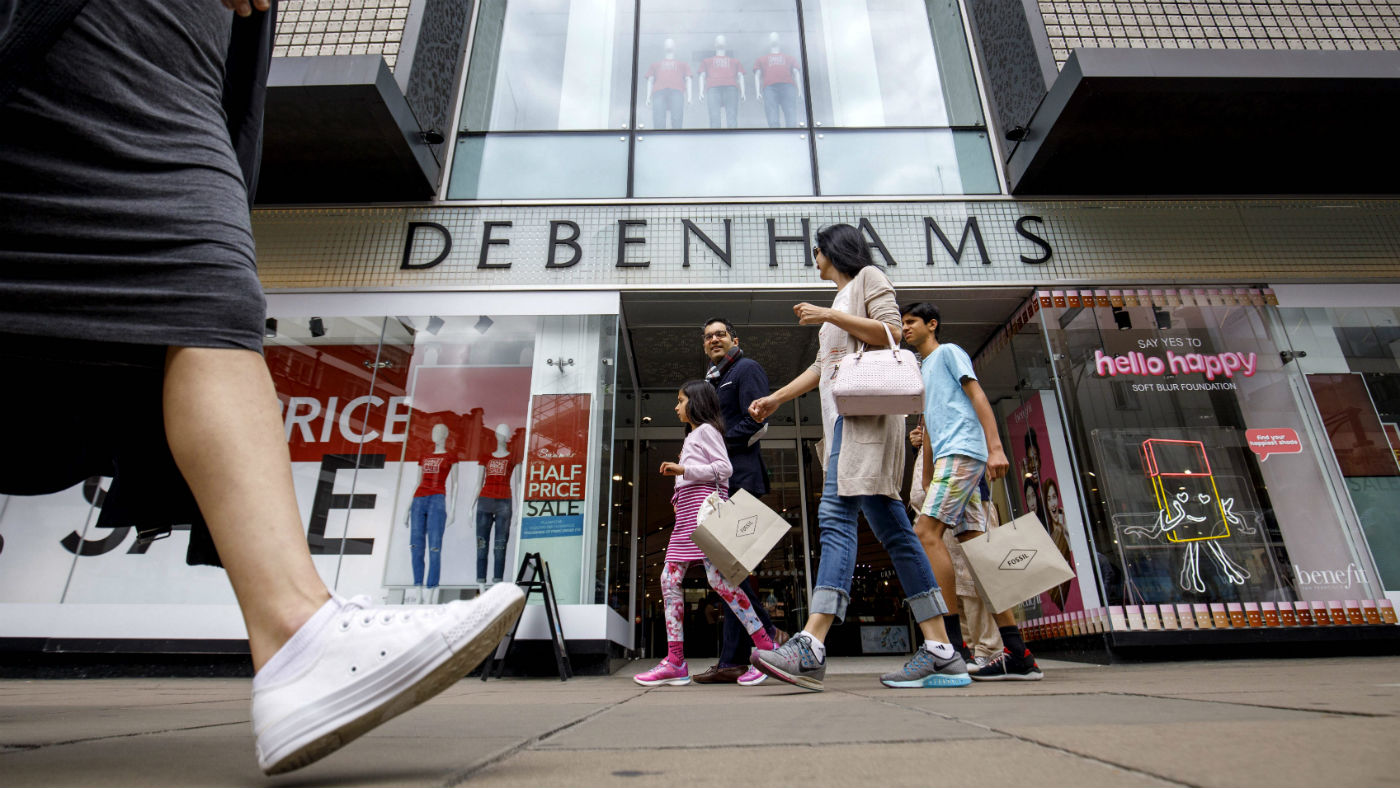 Debenhams set for administration after rejecting Sports Direct offer
Debenhams set for administration after rejecting Sports Direct offerSpeed Read Retailer’s biggest shareholder, Mike Ashley, embroiled in bitter battle for control with its board
-
 Which super-rich Brits pay the most tax?
Which super-rich Brits pay the most tax?Speed Read Sports retailer, betting mogul and inventor make up the top three UK taxpayers last year
-
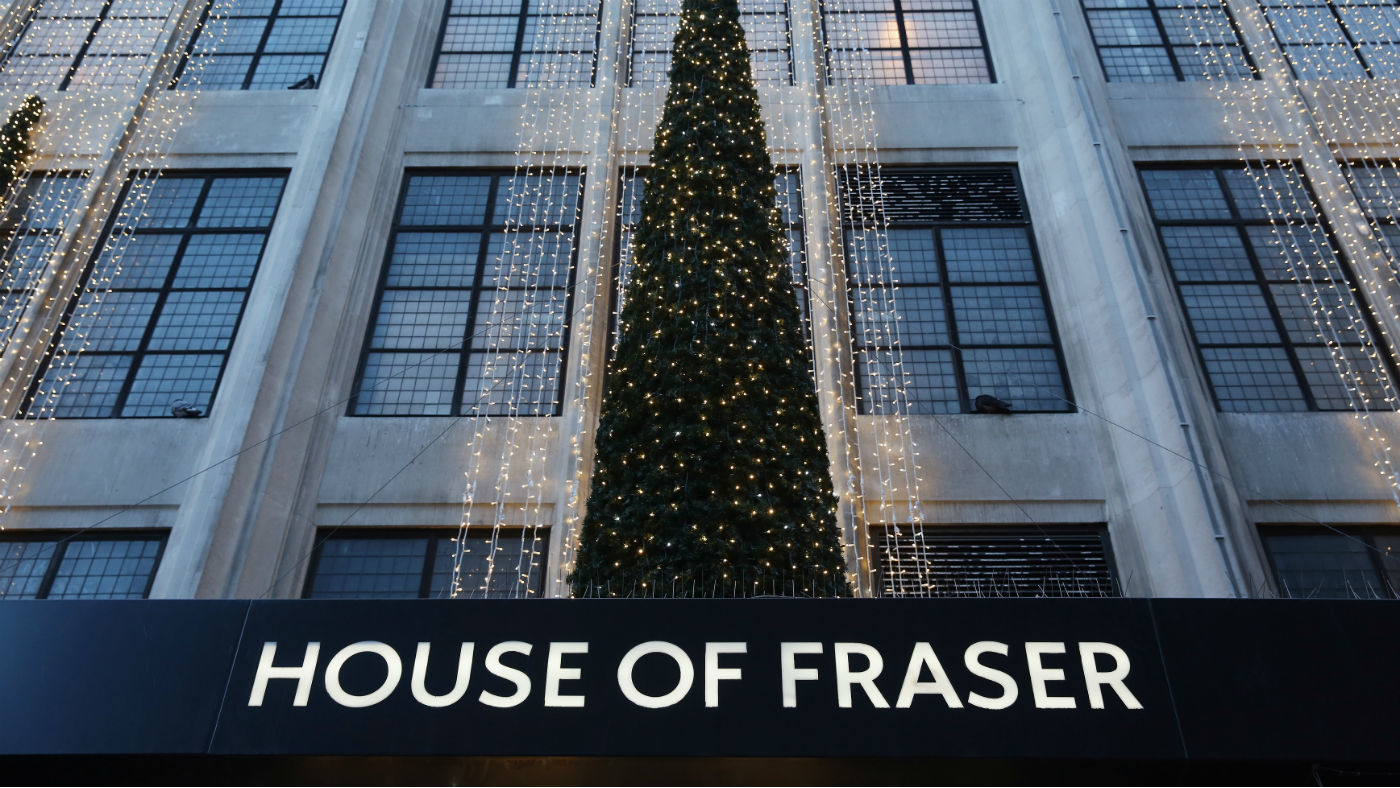 House of Fraser cancels all online orders and goes offline
House of Fraser cancels all online orders and goes offlineIn Depth Retailer acts on complaints as dispute with warehouse operator holds up deliveries
-
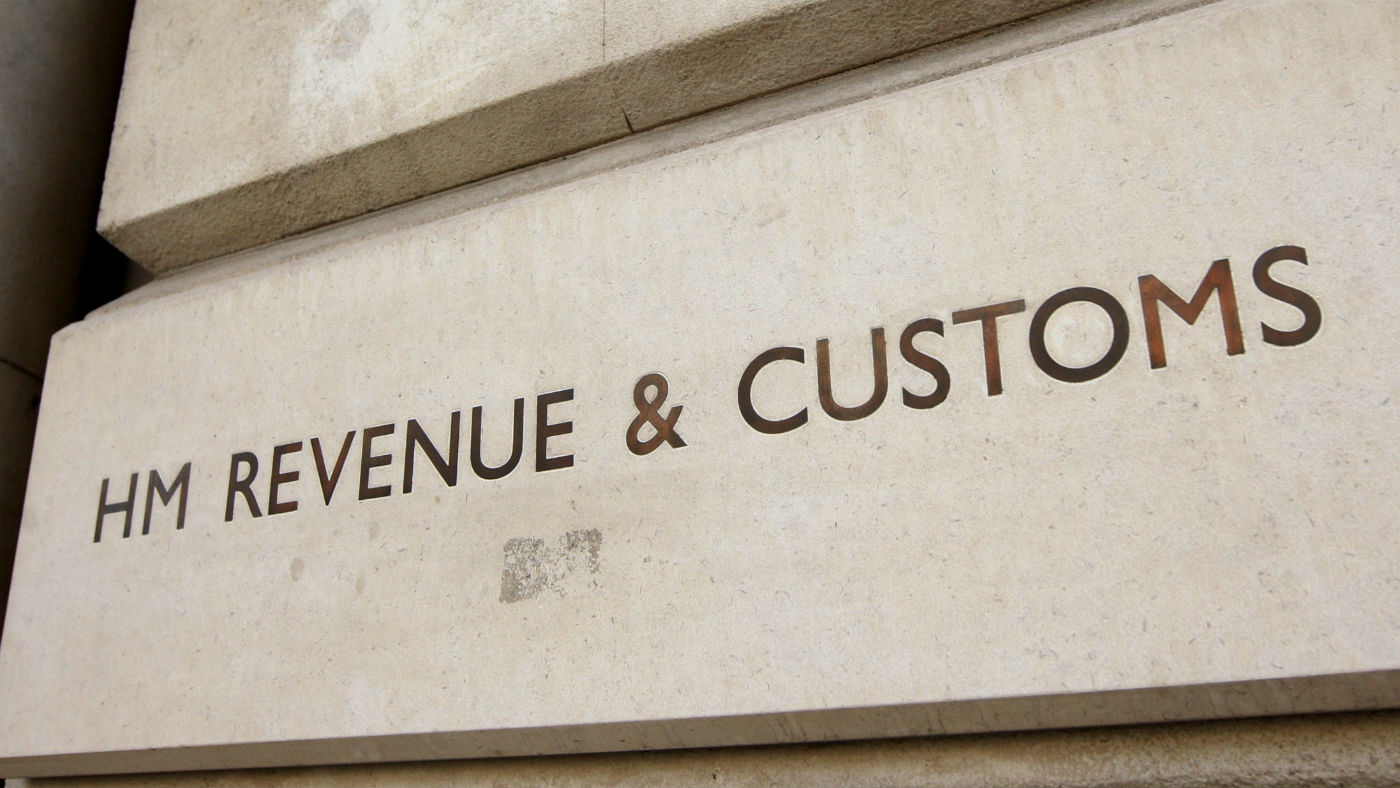 HMRC records taxpayer ‘voiceprints’ without consent
HMRC records taxpayer ‘voiceprints’ without consentSpeed Read Big Brother Watch accuses HMRC's Voice ID system of creating back-door biometric ID cards
-
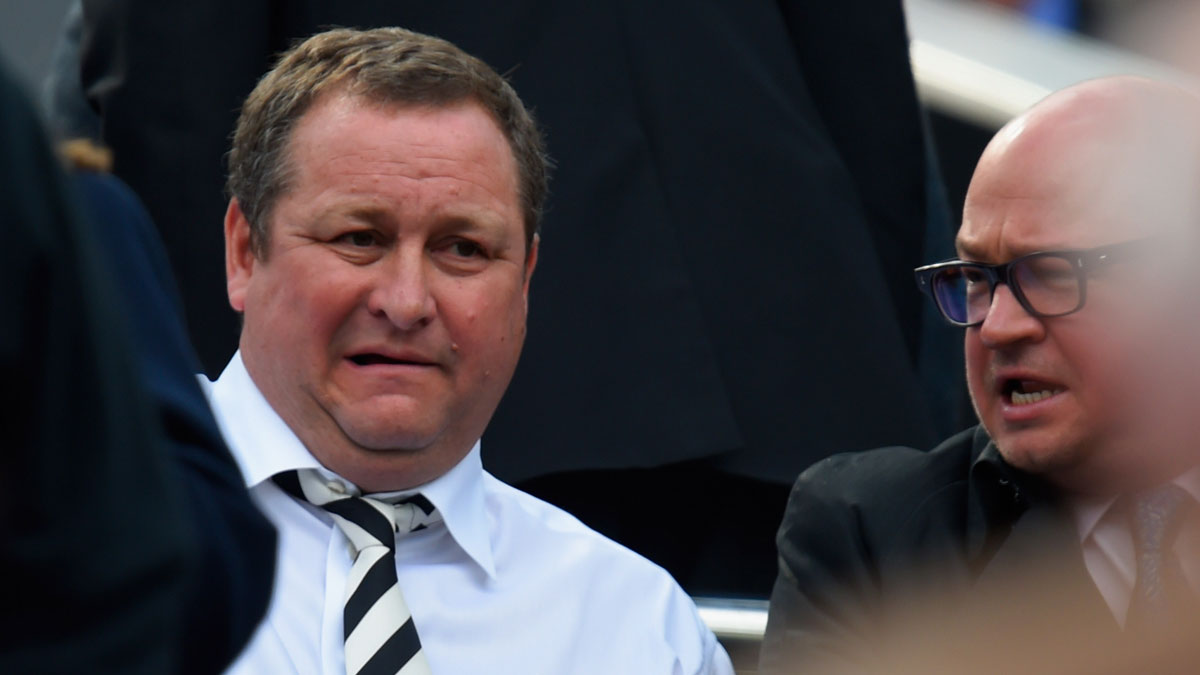 Mike Ashley feels the force of Star Wars fans
Mike Ashley feels the force of Star Wars fansIn Depth Confusing Obi-Wan Kenobi with Darth Vadar leads to anger. Anger leads to hate. Hate leads to the Dark Side - of Twitter